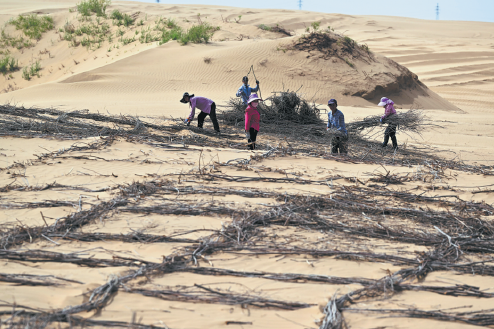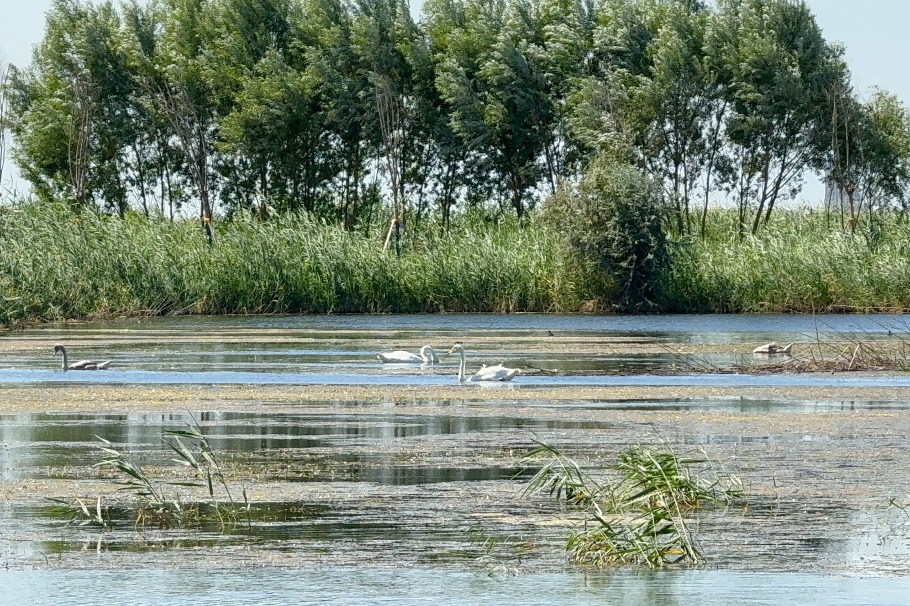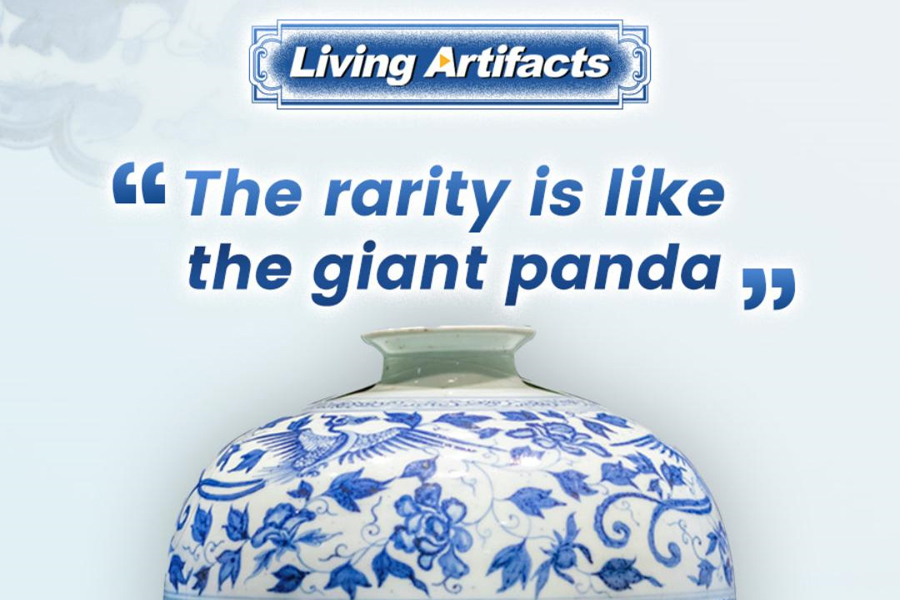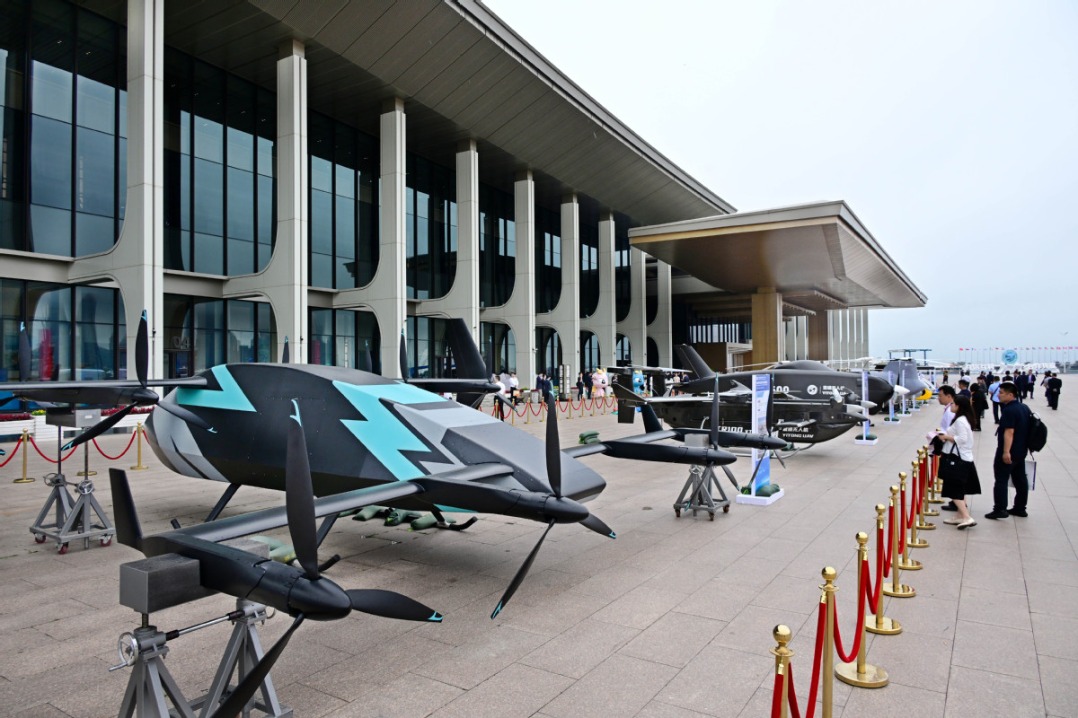Chinese drought-tolerant rice variety helps feed Africa

A drought-tolerant rice variety developed by China is boosting food production in African countries while slashing methane emissions, which have been linked to global warming.
China has been working for decades to help bolster food self-sufficiency in Africa. A few years ago, the country introduced a strain of water-saving and drought-resistant rice in countries including Burundi and Kenya.
The latest varieties have not only increased rice yields in some of the most hunger-prone regions of the planet, but have also reduced their carbon footprint and fertilizer demand.
Research on drought-tolerant rice dates back more than two decades in China, with Chinese scientists crossbreeding widely planted hybrid varieties with those known to thrive in arid soils to get the drought-defying properties, said Liu Zaochang, a researcher at the Shanghai Agrobiological Gene Center, who was involved in the variety's promotion in Africa.
Liu said the new variety could rival hybrid rice in terms of yield and prosper in suboptimal conditions. It saves labor because farmers can bypass the lengthy process of nurturing rice seedlings and directly plant rice seeds in the fields, and its need for fertilizers is two-thirds that of its conventional counterparts.
"Data has shown that the variety has curbed water use by more than 40 percent, and reduced methane emissions by at least 70 percent," he said at a media event organized by the Bill and Melinda Gates Foundation in Beijing last month.
Liu said that methane is 25 times more potent than carbon dioxide in terms of its effect on global warming, and about 20 percent of the world's methane emissions come from rice production.
He said that drought-resistant rice varieties are a "sustainable option" in addressing climate change challenges.
Liu said that cassava and corn play a dominant role in African diets, but rice consumption has been rising along with improving living standards. However, increased demand for rice led to greater reliance on food imports, creating financial burdens and making African countries more susceptible to supply chain woes.
"Drought-tolerant rice varieties have great potential and can help achieve food self-sufficiency in Africa," Liu said. They have helped African countries curb their reliance on rice imports, he added.
Home to large swaths of untapped arable land, Africa is a key destination for China's agricultural assistance projects.
Zhu Qinghua, deputy director of the Bill and Melinda Gates Foundation's China office, said that more than 60 percent of the world's uncultivated fields are in Africa, but a shortfall in farming-related investment and other hurdles mean the continent struggles to feed its 1.5 billion people.
The situation is set to worsen given rising global temperatures, which could increase the chances of crop disease and pest plagues and reduce crop yields, he said.
Zhu called for increased investment in agricultural research, saying it was critical for climate change adaptation and mitigation.
"Without significant science-based advances in food systems, vulnerable farming communities cannot adapt and global climate goals cannot be achieved," he said.
Today's Top News
- Exemplary vision drives development
- Lasting bond honors Flying Tigers legacy
- Monetary easing to persist in near term
- Trump, Zelensky, European leaders hold multilateral talks
- China firmly reaffirms sovereignty over Taiwan
- A-share market surges past 100 trillion yuan milestone






























